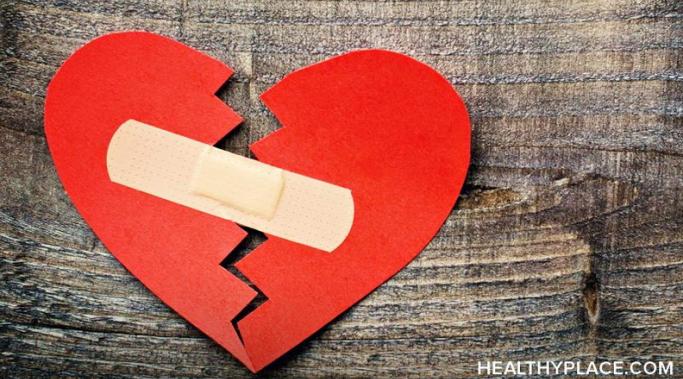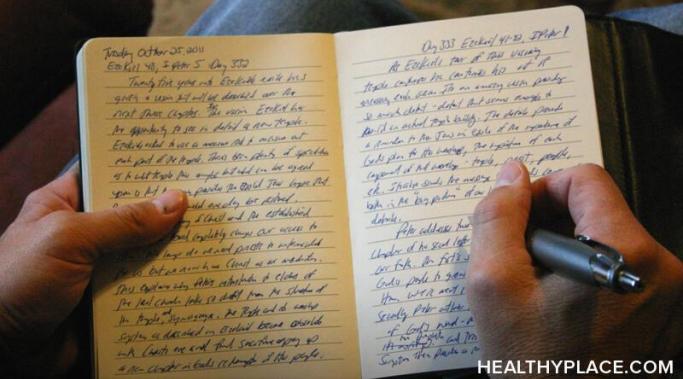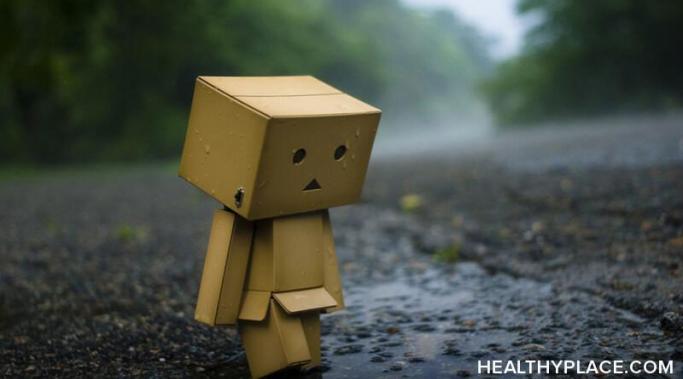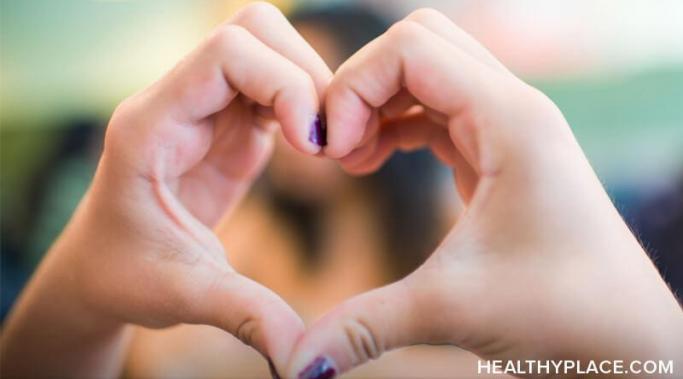Blogs
The grieving process can be traumatic for verbal abuse victims, although the experience is unique for each person. When major life events happen, victims of verbal abuse may work through their grief differently than others. It can take more or less time to heal and move through grief than expected. It's important to recognize that there is no right way to grieve. Verbal abuse victims should seek the help and support they need while working through grief, especially if the grieving process is traumatic.
Taimi is a lesbian, gay, bisexual, transgender, queer, plus (LGBTQ+) dating app known for its inclusivity. I've used dating apps like Tinder and Bumble, but this is my first time using a dating app specifically for LGBTQ+ people. The setup was easy, and I was impressed by the dating app's features. However, after using the app for a few weeks and reading some reviews, I think many improvements can be made to the user experience. I'm trying to navigate the good and the bad as I dip my toes into the dating pool. Here's what I found out about the Taimi dating app.
I want to make it clear that my identity is not just related to my schizophrenia. For nearly seven years, during my thirties, I lived almost schizophrenia and anxiety symptom-free. It was before I developed an anxiety disorder, and shortly after the period where I became treatment compliant and took my medication every day. I look back at that time as remarkable.
Mood journaling for people with depression, which simply means keeping a log of your moods, has many benefits. The act of transferring your feelings to paper can be therapeutic, taking bottled-up emotions out of your head and lightening your emotional load. Practicing writing your feelings down can help you better communicate them to your friends, family, or therapist. And looking back through your depression mood journal entries can help you identify trends, triggers, and possible treatments.
I'm someone who is always extremely anxious to reach an "end goal." This often makes it difficult to be mindful and appreciative of the steps and paths it took to achieve that goal. In recovery, it can be difficult to appreciate what life offers, but each step in life is its own gift, and enjoying the journey can be even more meaningful than reaching the destination. There is a mindful quote that helps me appreciate the journey.
I've encountered an unexpected companion in borderline personality disorder (BPD) recovery. That companion is grief. It's like saying goodbye to that fun (and toxic) best friend who used to call the shots in my life. Embracing the unknown and forging my own trail is a bit intimidating, especially when BPD's been riding shotgun for way too long. Grief in BPD recovery is making itself known.
Seasonal changes affect my mental and physical health in various ways, particularly during the hottest and coldest months of the year. The effects have ranged from fatigue and irritability during summer to depression in winter. Fortunately, there are ways to manage these seasonal changes and maintain balance.
Some who have struggled with childhood trauma might develop maladaptive daydreaming as a coping mechanism. For example, when I was only four, I endured child-on-child sexual assault and emotional abuse that made me feel isolated from the rest of the world. It felt too terrifying and heavy to be in the real, present moment. Any time I was still or not distracted, I felt extreme anxiety, panic, and sadness. This led to my development of maladaptive daydreaming — a habit I am still actively trying to break as an adult today.
For most people practicing an alcohol-free lifestyle, there will eventually be an alcohol-centered party or event worth attending. Concerts, weddings, and holiday gatherings can be tricky, but not impossible, to navigate as a sober person. One thing that has helped me stay alcohol-free on a boozy night out is to redefine success.
Support groups have helped me a lot with my schizoaffective disorder over the years. Here are some ways support groups have been beneficial. (Note: this post contains a trigger warning.)









